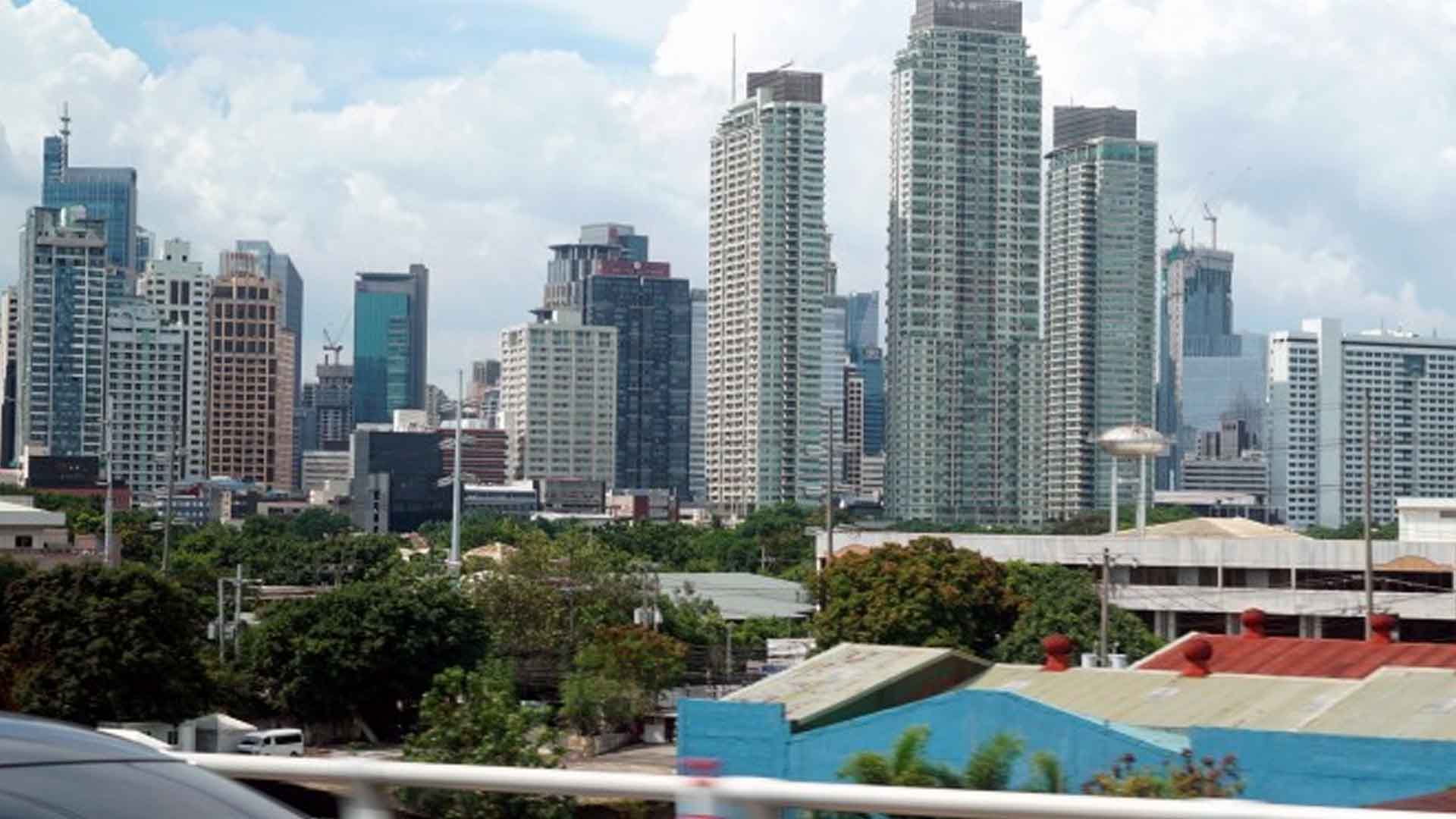The Philippines is expected to be the second fastest-growing economy among the Southeast Asia (SEA) 6 countries, seen to expand by more than 6 percent in the next 10 years.
In the Southeast Asia Outlook 2024-2034 report released on Thursday, the Angsana Council, US consultancy Bain & Co., and DBS Bank said the Philippines is projected to grow at an average of 6.1 percent, next to Vietnam, which is forecast to grow by 6.6 percent.
“Vietnam, Indonesia, and the Philippines are expected to be the faster-growing countries, with Vietnam continuing to stay ahead,” the report said.
The projected Philippine economic growth will surpass the forecast expansion of Indonesia (5.7 percent), Malaysia (4.5 percent), Thailand (2.8 percent), and Singapore (2.5 percent).
The report said positive drivers of growth include the pro-growth administration, prioritized infrastructure investments, with renewable projects garnering interest from foreign direct investment (FDI) investors, and the growing population and workforce.
It added that the Philippines and other countries, such as Vietnam and Indonesia, also increased per capita spending on education.
“SEA countries, in particular Singapore, Thailand, Malaysia, and the Philippines, saw improvements in their infrastructure quality and have made investments in public infrastructure over the years,” the report said.
For the Philippines, the report cited the renewable energy initiatives, including wind and solar farms, which it said contributed to a sustainable energy mix and increased access to electricity in remote areas.
Regarding the political landscape, the report said the “Philippines is undergoing positive political shifts, focusing on human rights, foreign policy, and economic reforms.”
The report, however, noted that as the country continues to lag behind other Southeast Asian countries in terms of education and infrastructure, these may negatively affect growth.
It added that geopolitics, especially escalated tensions with China, might disrupt economic recovery. (PNA)








